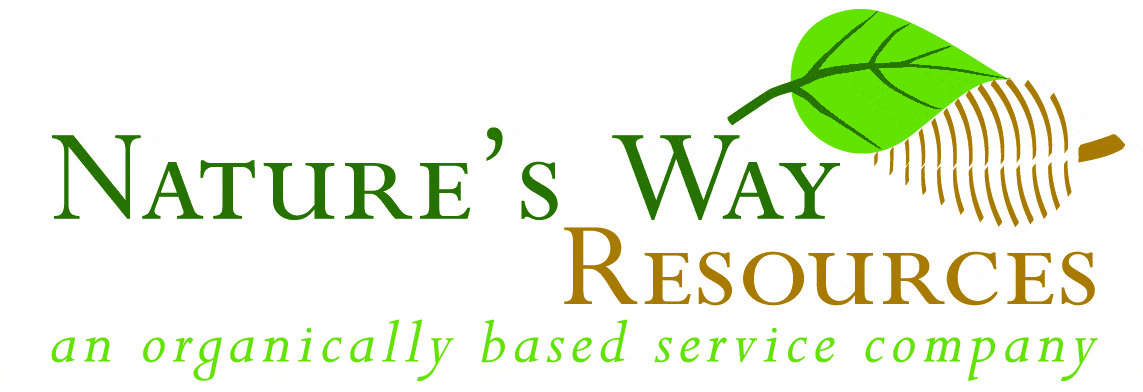John's Corner:
Soil & Plants (Part 82)
News from the Wonderful World of Soil & plants 82
By: John Ferguson
We often hear that all life is linked, good or bad. Hundreds of thousands of people are dying every year due to antibiotic resistant bacteria that occurs when animals are fed antibiotics to make them gain weight quicker and keep them alive in the unsanitary conditions of confined animal feedlots. Making the problem worse occurs when one uses antibacterial hand creams like those that contain triclosan only the resistant dangerous bacteria survive. A study published in the Journal Peer J (October 2018) has found another cause of antibiotic resistant bacteria. They found that herbicides like glyphosate (Round Up) and dicamba which are widely used on GMO crops builds antibiotic resistant bacteria 100,000 times faster after being exposed to these weed killers.
As the shield of lies surrounding the safety of glyphosate become unraveled and Monsanto’s “Black Opps” department being exposed and dismantled, more studies are now being released on the dangers of this toxic chemical that were previously hidden or researchers were afraid to publish. A study released by Washington State University researchers found in animal studies that exposure to the chemicals in Round-Up, found that descendants of those exposed developed prostrate, kidney, ovarian diseases, obesity, and birth abnormalities. The parents and even the first generation showed no signs of problems. This is a new field of study called “generational toxicology”. Note: Products like fungicides, pesticides, jet fuel, DEET, atrazine, and bisphenol-A in plastics also cause generational health issues. Scientific Reports 2019.
More and more gardeners are planting gardens for pollinators from bees and butterflies to hummingbirds. As in medicine one of the most important steps is “do no harm”. A common pesticide used to control whiteflies and aphids called flupyradifurone (Sivanto is one brand name) kill honeybees in extremely low
doses when in combination with a fungicide. Proceedings of the Royal Society (2019).
We often talk about the importance of trace and micro nutrients in the soil. A recent 4-year trial has found adding 200 mcg selenium (Se) to 200 mg of CoQ10 reduced cardiovascular mortality by 50%. Why do we need to take selenium supplements? – It is not in the food we eat because it is not in the soil that the plants grew on. As gardeners we have to stress to others the importance of re-mineralizing our soils.
Research at MIT has found that magnesium (Mg) supplementation can reverse some forms of brain aging including cognitive disfunction, sleep disorders, and anxiety (Life Extension 2019). It is estimated that 90% of all Americans are magnesium deficient. Remember if one eats foods with glyphosate (Round-Up) on them, especially GMO foods, it prevents the body from absorbing magnesium.
For gardeners the rose rosette virus is an incurable disease now found in over 30 states. Research at the ARS (Agricultural Research Service) have discovered that the rose bud mite that spreads the disease, hides deep in the flower’s internal organs (rose flowers, leaf buds, etc.). By imbedding itself deeply, it avoids chemical sprays applied as controls. Biocontrol will be the most likely treatment to prevent this disease as predatory mites can reach the hiding spots of the rose bud mite and eat them, hence preventing the spread of the disease.
We have a new invasive pest insect called the spotted lanternfly that is attacking over 70 plant species including wine grapes and apples. Research at Cornell University has found that two native fungal pathogens Batkoa major and Beauveria bassiana can decimate spotted lanternfly populations. Proceedings of the National Academy of Sciences (2019).
One of my favorite native plants is the elderberry (Sambucus nigra). It is a beautiful shrub that is in full bloom across our region right now with large showy white flower heads. Many pollinators love to nectar on this plant and the flowerheads are edible (think elderberry fritters for one example). The elderberry fruit has been used for decades to make wine and jelly and they are considered one of natures superfoods, as it is a powerful anti-oxidant not to mention the vitamins and minerals it contains. Birds and small mammals also love the fruits hence it is a great plant for habitat gardening and very easy to grow. A new study by the University of Sydney has found that compounds in the elderberries fruit, minimize affluenza symptoms. These compounds directly inhibit the virus’s entry and replication in human cells. They are also effective if you already have the flu helping one recover faster. Journal of Functional Foods (2019).

